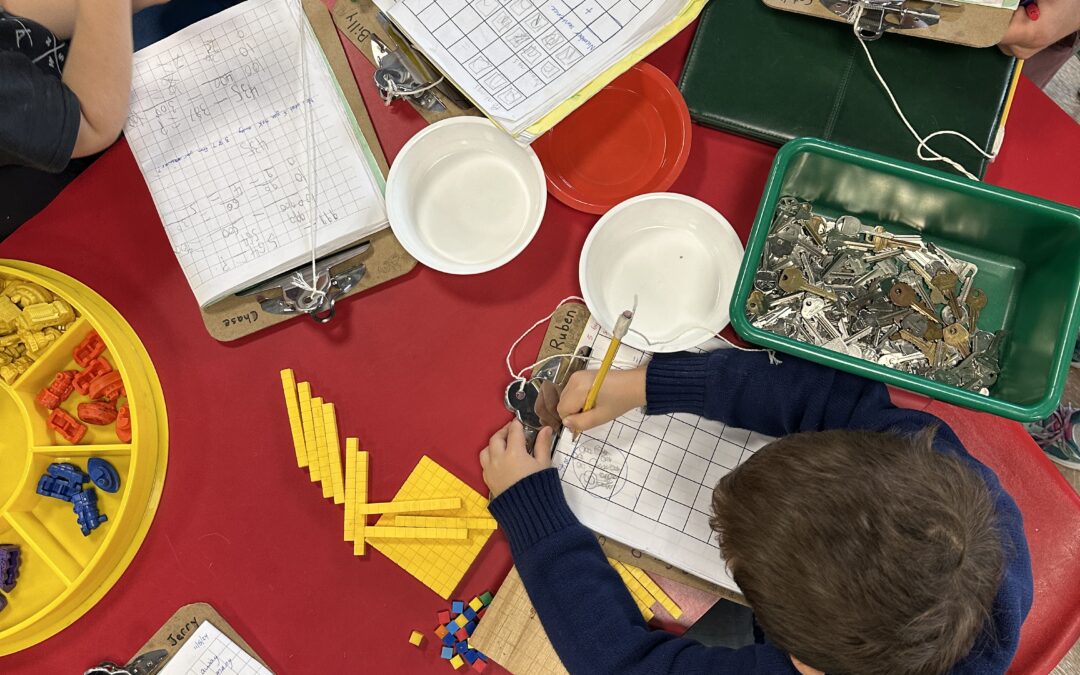Things MATH is not…
Math isn’t about completing endless worksheets or rote memorization – it’s about fostering critical thinking, problem-solving skills, and creativity.
When they just complete worksheets…what are they actually learning?
Math is a dynamic field that involves critical thinking, problem-solving, creativity, and exploration.
math is not just about rote memorization or completing endless worksheets.
Math problems often have multiple solution paths. Encouraging students to think critically about which approach to take and why helps develop analytical skills that are applicable across various disciplines.
Real-world problems rarely come neatly packaged in a worksheet format. By presenting students with open-ended problems, they learn to apply mathematical concepts to solve practical problems, preparing them for challenges they may face in their future careers.
Math offers opportunities for creativity and exploration. Allowing students to experiment, make conjectures, and explore different strategies fosters a deeper understanding of mathematical concepts and promotes a sense of ownership over their learning.
Math is deeply intertwined with other subjects such as science, engineering, art, and even music. By engaging students in multidisciplinary activities, they see how math is relevant and applicable beyond the confines of the classroom.
Math isn’t just about numbers; it’s about conveying ideas and reasoning effectively. Providing space for students to write, draw, and explain their thinking helps them develop communication skills essential for success in both academic and real-world settings.
When students are merely completing worksheets, they may miss out on these crucial aspects of mathematical learning.
Phoenix has been incorporating hands-on activities, collaborative problem-solving tasks, real-world applications, and opportunities for creativity and exploration into our math curriculum.
Our approach not only makes math more engaging and meaningful for students but also better prepares them for the challenges they’ll encounter in their academic and professional lives.
After reading this post do you agree that math education should involve more than just completing worksheets?

